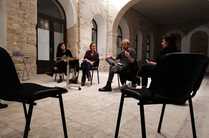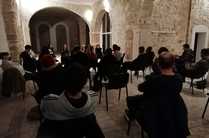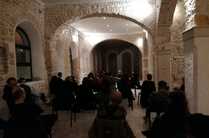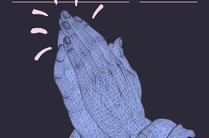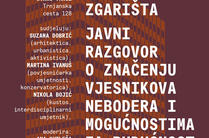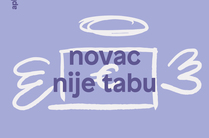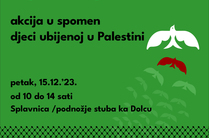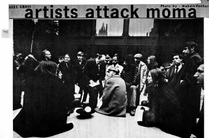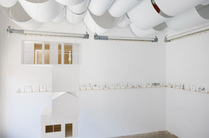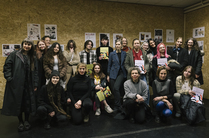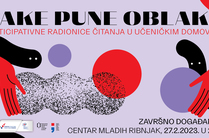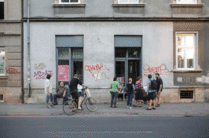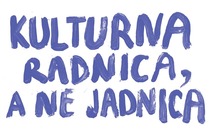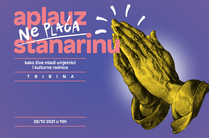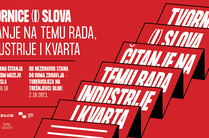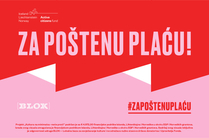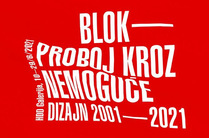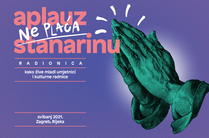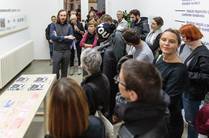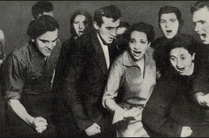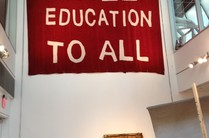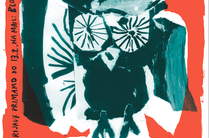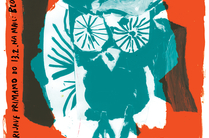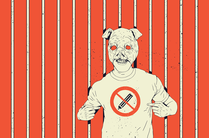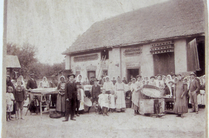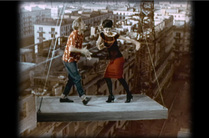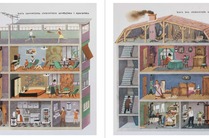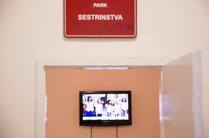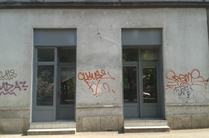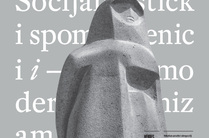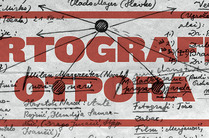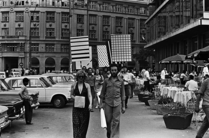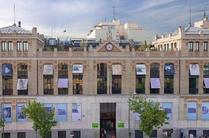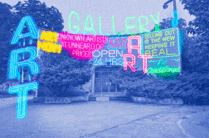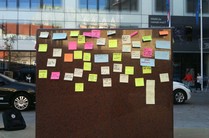APPLAUSE DOESN'T PAY THE RENT - FORUM IN PULA
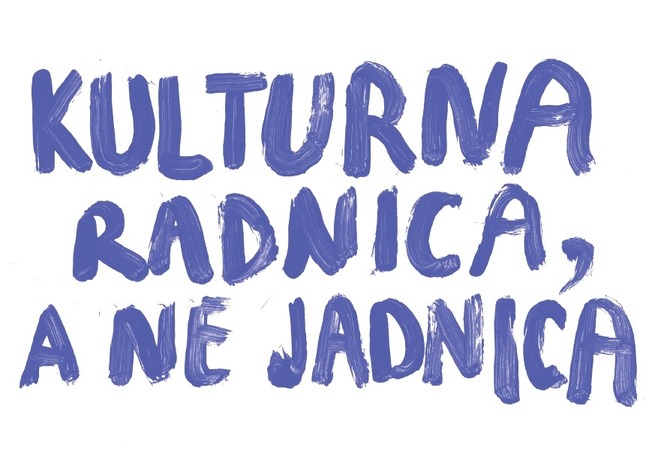
APPLAUSE DOESN'T PAY THE RENT - FORUM IN PULA
11 NOVEMBER AT 19H
EUROPEAN CENTER FOR PEACE AND DEVELOPMENT (ECPD), FLACIUSOVA 18, PULA
ORGANISERS: BLOK AND KINO KATARINA
Due to compliance with epidemiological measures, the number of participants is limited. Come on time!
We're inviting you to the forum on working conditions of young artist and cultural workers. How do they obtain their first jobs and can they survive from their work? Why do they have to volunteer on a bunch of projects during their studies, so they could apply to the first job with a long CV? Is it okay that, in your twenties, you create art just for the applause, for free? Is their position different from other young people and how can we change it?
We'll try to answer some of these questions together on the forum. Join us!
The tacit and generally accepted truth is that, in order to get any job in culture, one has to, from their early twenties onward, volunteer on as many projects as possible and work in underpaid student jobs that will later not be included in the length of service. The latter also applies to part-time and freelance jobs, the likely career path of young cultural workers and artists who have just completed their studies. Unpaid and underpaid work during university therefore "prepares" them very well for what awaits them later, although rarely anyone tells them this in schools and universities. Formal education is still strongly imbued with the ideas of artistic genius and the privilege of culture over the wider context, and the perspective of the conditions of their production is rarely provided.
And what kind of working conditions await young people in the field of culture? In their own words: employers who expect them to do anything without the option of negotiating wages or talking about workers' rights, pressure to constantly nurture social capital as an important factor in the circulation of jobs, and the vicious circle of part-time/freelance, seasonal and project-based jobs that have to be accepted so as not to close the door on the next engagement. Such conditions quickly dispel young people's illusion that art and culture can be produced out of "pure love" and lay bare their position, shared with a wider circle of peers, among whom high unemployment and precariousness are the norm. Unfortunately, this situation has long been completely normalized in the field of culture, and is a consequence of the dominant ideology that views artistic work as “special” and impossible to renumerate, as well as long-standing policies resulting in diminishing public funding, increasing commercialization and dependence on short-term and uncertain projects.
The goal of this forum is to open a discussion on the position of young people in the field and the possibilities of improving that position via obtaining greater workers’ rights. The forum is part of the project “Applause Doesn’t Pay the Rent: How Young Artists and Cultural Workers Live”, that gathered around thirty young artists and cultural workers from Zagreb, who participated in the workshop held in May and forum held in October. Collaborating with Kino Katarina in Pula, we want to opet wider discussion on this important topic, encourage mutual education and empowerment and expand our struggle for better working conditions and defense of culture as a pulic good.
The forum will feature the following speakers:
ANA KUTLEŠA, curator, Za K.R.U.H. (For BREAD)
JAKOV KOLAK, editor at Radnička prava (Workers’ Rights), BRID
LEONIDA CRIS MANOJLOVSKI, art history student, Kino Katarina / SKC Gallery
Visual: The ABC’s of Activism, participants of the workshop Applause Doesn't Pay Rent
Design: Lana Grahek
The forum is coorganized by BLOK and Kino Katarina.
The forum is organized as part of the project titled “Applause Doesn’t Pay the Rent: How Young Artists and Cultural Workers Live“, implemented within the Erasmus+ program and is co-funded by the European Union, with support from the Agency for Mobility and EU Programmes. Any views expressed in this announcement are solely those of the organizer. The Agency for Mobility and EU Programmes, and the European Commission cannot be held responsible for the use of information it contains.
